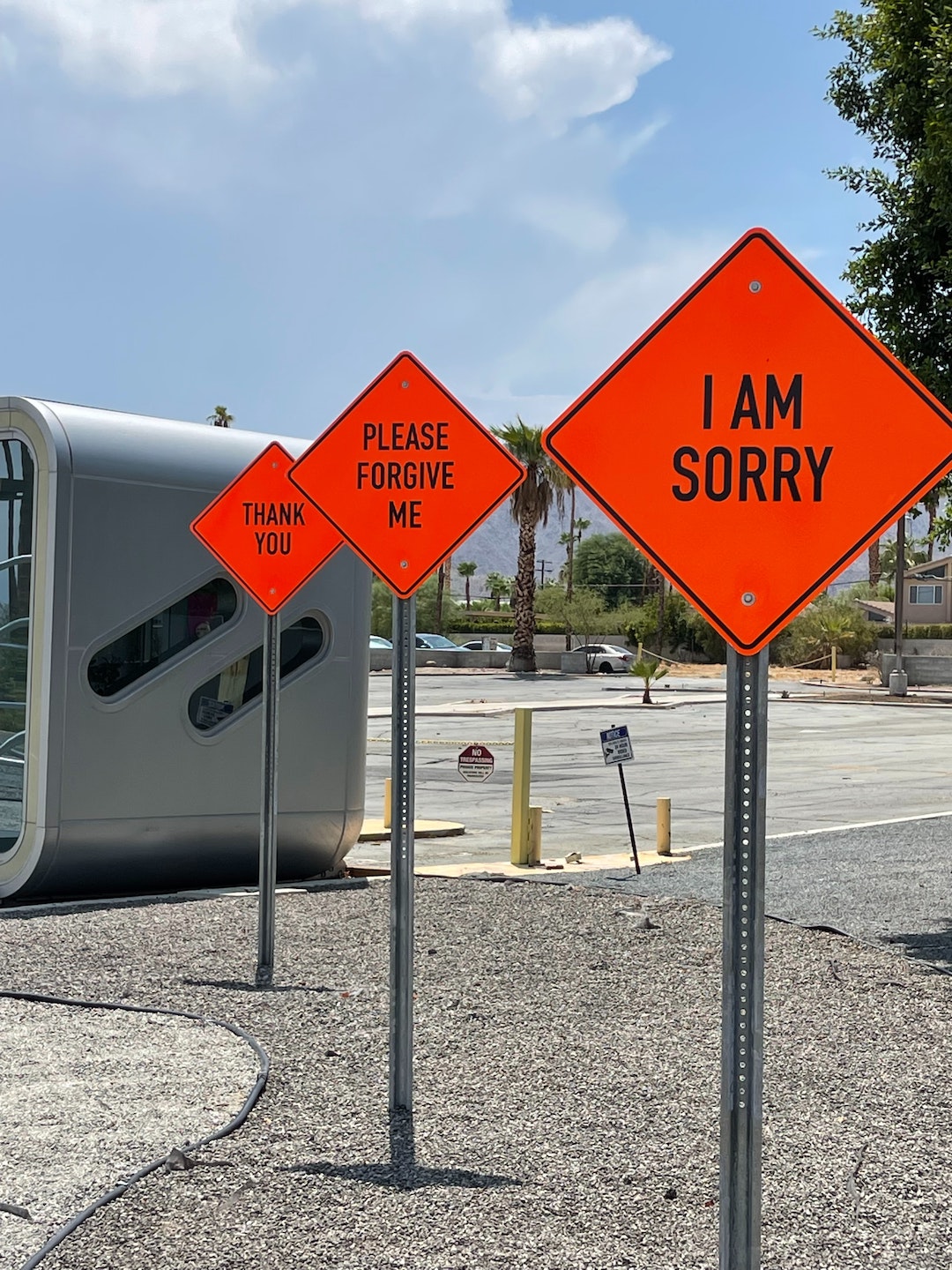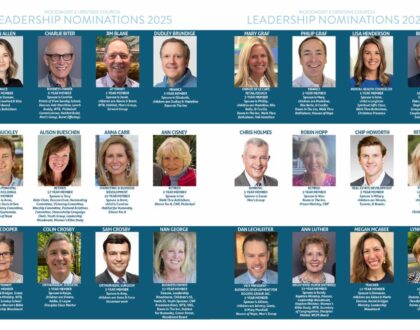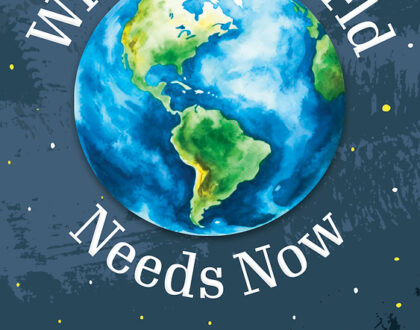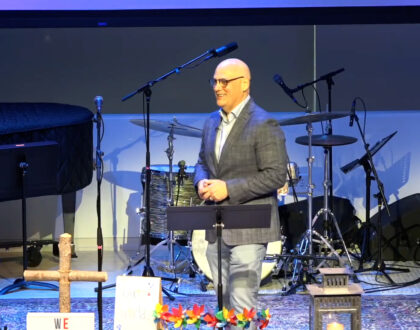Ego Aside, Words We Should Say More Often

C. S. Lewis once defined humility as, “not thinking less of yourself, but thinking of yourself less.” What does humility look like in action? How can we heed the words of the Micah and “walk humbly with God?” How can we keep from maintaining an overly exalted opinion of ourselves in an age of competition, egos, rugged individualism, social media, and self-righteousness? There are three simple phrases that I think we should all learn to use more and more.
First of all, we should not be afraid to say, “I WAS WRONG.” O how we hate to say those words. We feel humiliated, ashamed, embarrassed, weak, and vulnerable. Yet, being able to admit when we are wrong in life is one of the most important things that we can ever do. We cannot always be right. Former Harvard President Kathryn Shulz published a book titled “On Being Wrong: Adventures in the Margin of Error.” In that book, Schulz says, “To err is to wander and wandering is the way we discover the world and lost in thought it is also the way we discover ourselves. Being right might be gratifying but in the end it is static, a mere statement. Being wrong is hard and humbling and sometimes even dangerous but in the end it is a journey and a story.”
How will we ever learn anything in life if we are always right? Nobody wants to be around somebody who thinks that they are always right. Tony Jarvis once said, “How hard it is to say, ‘I was wrong.’ How tempting it is to make artful excuses, to pass the buck to someone else or to some force beyond our control. How tempting it is to lie, and obfuscate, and evade. How terribly hard it is to face up and say, ‘I’m wrong’.” Learning to say “I’m wrong” is a big part of what it means to be humble.
Secondly, we should learn to say, “I’M SORRY” more often. I’m sorry for hurting you. I’m sorry for being cruel to you. I’m sorry for not understanding you. I’m sorry for not being there to help you. Saying “I’m sorry” shows strength, not weakness. Saying “I’m sorry” is a big part of what it means to be humble. We all make mistakes. We all overreact. We all treat people badly from time to time. We all do things that we regret. I would even say it is impossible to have authentic relationships in life if we are not willing to say we are sorry. Nothing is more isolating in relationships than refusing to be vulnerable. Love means learning to say “I’m sorry” more often and really mean it. Marriages would be stronger if we would apologize more often. Business relationship would be better. Friendships would be closer. There is something very profound in learning to say “I ‘m sorry,” even if we don’t understand what we did to hurt somebody.
Third, the final phrase we should learn to use in life is “PLEASE FORGIVE ME.” Jesus taught forgiveness because he knew it was absolutely necessary for healing and moving on. Many will press on for years without forgiving or asking for forgiveness and they carry a burden far too great. Cancel culture does not understand this. It seeks to end and ruin people for what they did or said. This is not healthy. Forgiveness is healthy, although many times, it is not easy, especially when somebody doesn;t believe they did anything wrong. ” I was wrong. I am sorry. Please forgive me.” Imagine a world where these words are used more frequently.
Recommended Posts

Leading in the Church
May 16, 2025

New Series – “Timeless Values for a Chaotic World”
May 05, 2025


